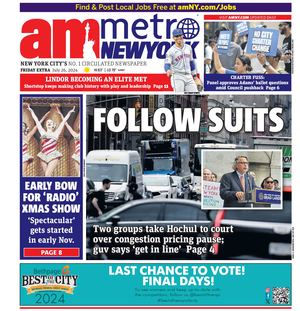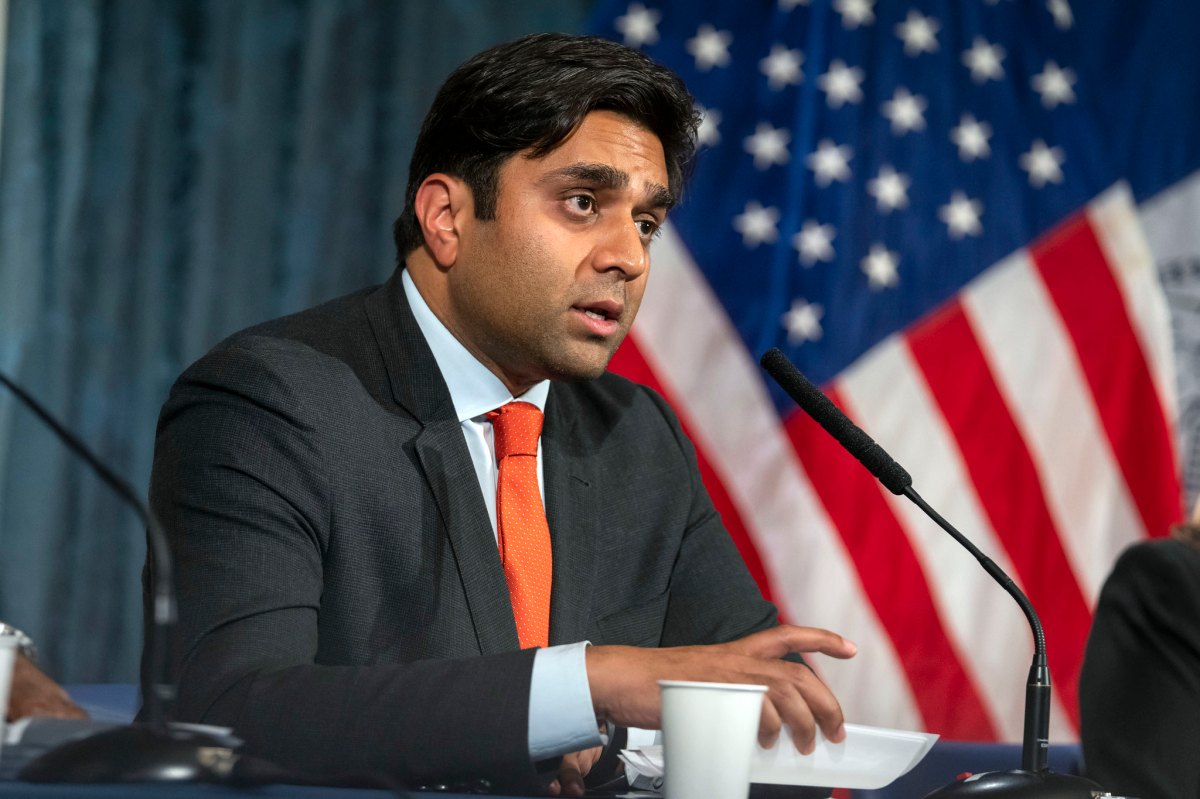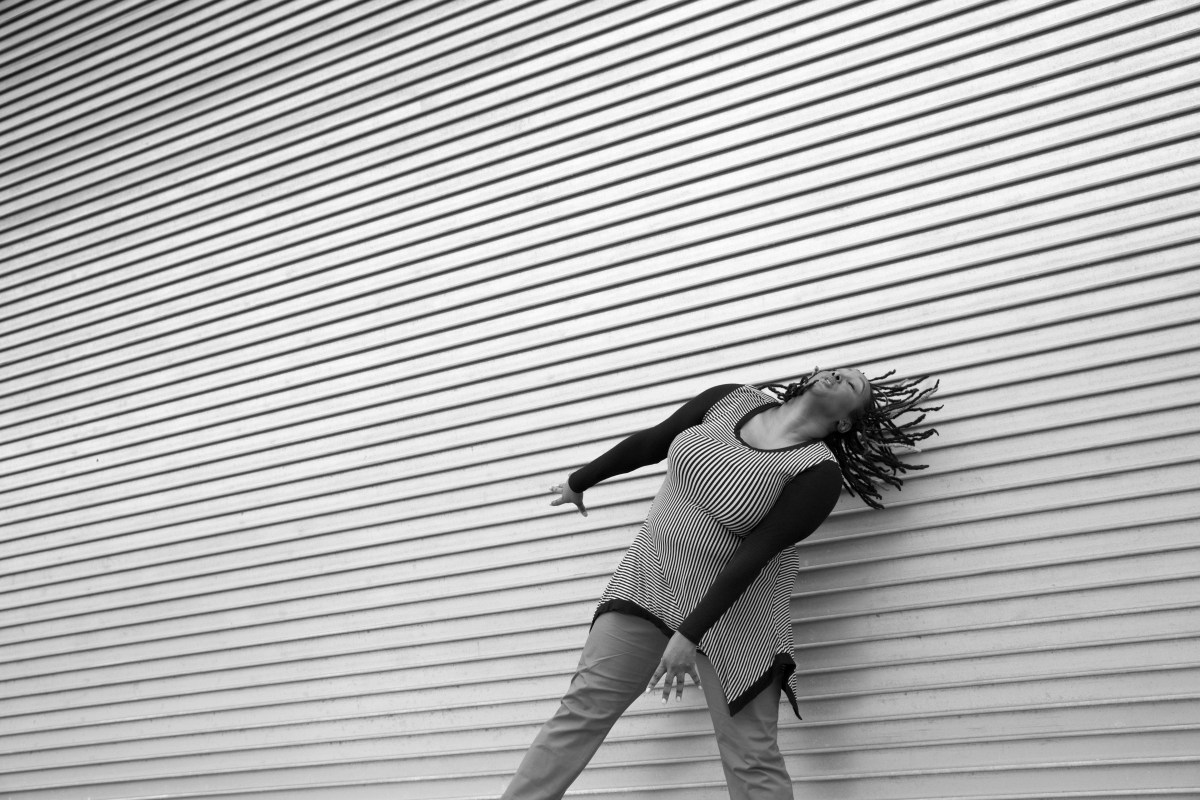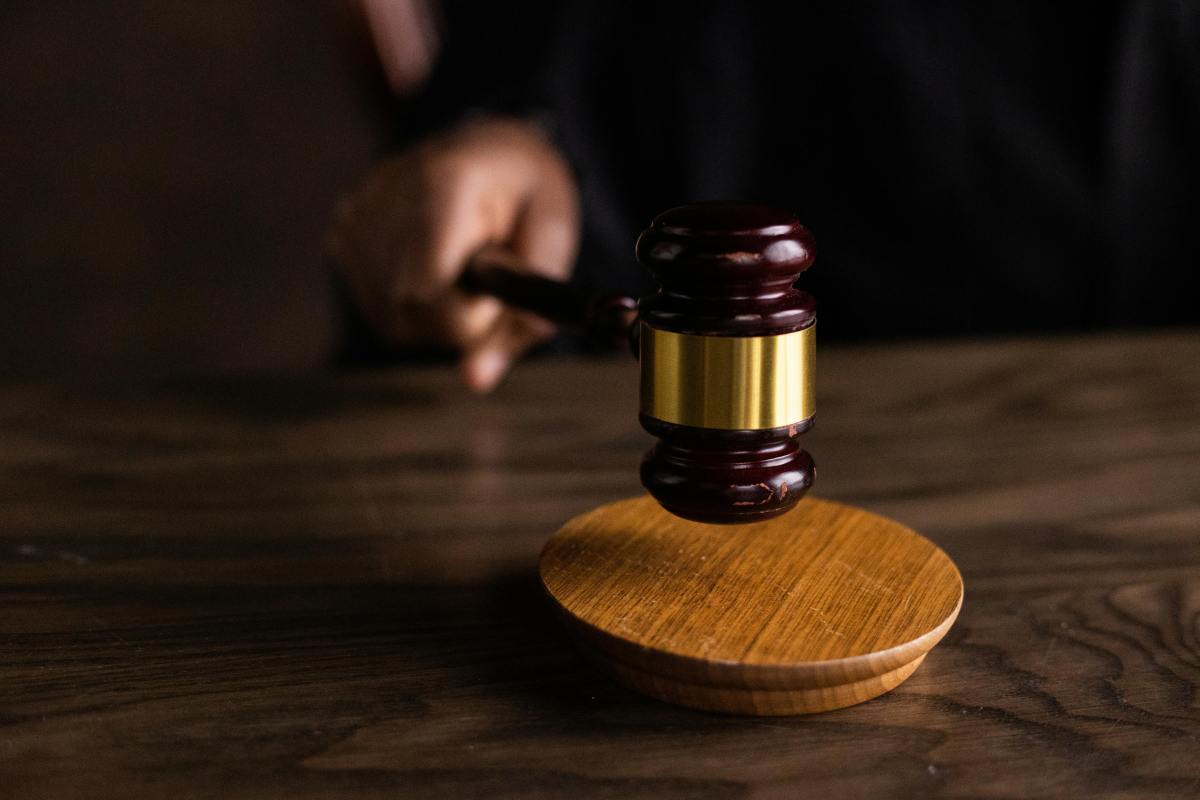By Ronda Kaysen
Critics of a Tribeca telecommunications building that stores diesel fuel in a residential neighborhood had their day in court Wednesday, appealing a city ruling legalizing the fuel and voicing concerns for the health and safety of nearby residents.
Neighbors Against N.O.I.S.E., a Tribeca neighborhood coalition, appealed a June Department of Buildings variance legalizing 6,400 gallons of fuel stored above ground at 60 Hudson St. Tenants use the fuel to operate backup generators and air conditioning equipment for their extensive telecommunications equipment.
The Board of Standards and Appeals, which could overrule a Buildings Dept. decision, heard testimony Wednesday, peppering the Buildings Dept. with stiff questions about building safety, and raising doubts about the variance’s credibility.
“Why do we need so much fuel?” Commissioner James Chin, a former B.S.A. chairperson, asked Buildings Dept. counsel, adding later, “We don’t permit fuel storage in a residential neighborhood.”
Residents fear a terrorist attack or accident could ignite 60 Hudson, known as the Western Union building, and threaten the neighborhood. Although diesel fuel does not easily ignite, when it does catch fire, the ensuing blaze is difficult to extinguish. A dramatic example of a diesel-fueled fire occurred seven blocks south, at 7 World Trade Center. That building, which was twice the size and stored half as much fuel as 60 Hudson, burned uncontrolled for hours and eventually collapsed.
“Do we learn from 9/11 or does history repeat itself?” Norman Siegel, the lawyer for N.O.I.S.E. told B.S.A. commissioners at the hearing. “This is not Chicken Little, this is real.”
Only a portion of the fuel at 60 Hudson, between Thomas and Worth Sts., is subject to city law. The vast majority of it—upwards of 80,000 gallons—is stored below ground and not regulated.
The Western Union building, a towering structure in this low-rise neighborhood, is a block away from P.S. 150, across the street from the Washington Market School, around the corner from a nursery school called Buckle My Shoe, a block north of Duane Park, and in the vicinity of several subway entrances and residential buildings.
N.O.I.S.E. is appealing the variance on four grounds, claiming a fuel storage building should not be within 1,000 feet of a subway entrance or city school or 250 feet of a park; that the Landmarks Preservation Commission must give the building owners approval to make any structural changes for a Buildings Dept. variance; that the variance is arbitrary and capricious; and it is based on a self-created hardship.
Buildings Dept. insists the variance will resolve any previous safety concerns. It addresses multiple drums of fuel stored on five floors and the mezzanine and requires the building’s owner, GVA Williams, to install sprinklers, fire resistant walls and monitors. With the variance, the building will be “safer than it would be as of right,” Phyllis Arnold, Buildings Dept. general counsel, told B.S.A. commissioners.
The commissioners, who are appointed to six-year terms by the mayor, appeared skeptical. “On more than one location you increase the risk of fire,” said Chin. “If this was a new building, would you permit storage tanks all over the building?” The Art Deco structure was built in 1930.
“This building is a rock,” insisted Arnold. But she declined to elaborate on exactly how much fuel was stored in the building, who the tenants in the building were—except to say that they provide regional services “for a significant portion of the North East corridor”—and if there are any other buildings with similar conditions to 60 Hudson. She did, however, acknowledge that the recent variance was the first of its kind and set a precedent.
“How can we make a decision if we don’t know?” if there are more buildings like 60 Hudson, said Chin.
Although Chin was the only commissioner to outwardly challenge Arnold, four of the five commissioners had several questions for Arnold, many of them taking issue with the content of the variance. There were no questions for Siegel, N.O.I.S.E.’s lawyer.
“We’ve made the situation better than it would be otherwise,” Arnold said.
“We thought we made it better with the World Trade Center and obviously it didn’t work out,” said Chin.
Both sides filed additional papers in anticipation of a B.S.A. ruling.
Ronda@DowntownExpress.com
WWW Downtown Express


































